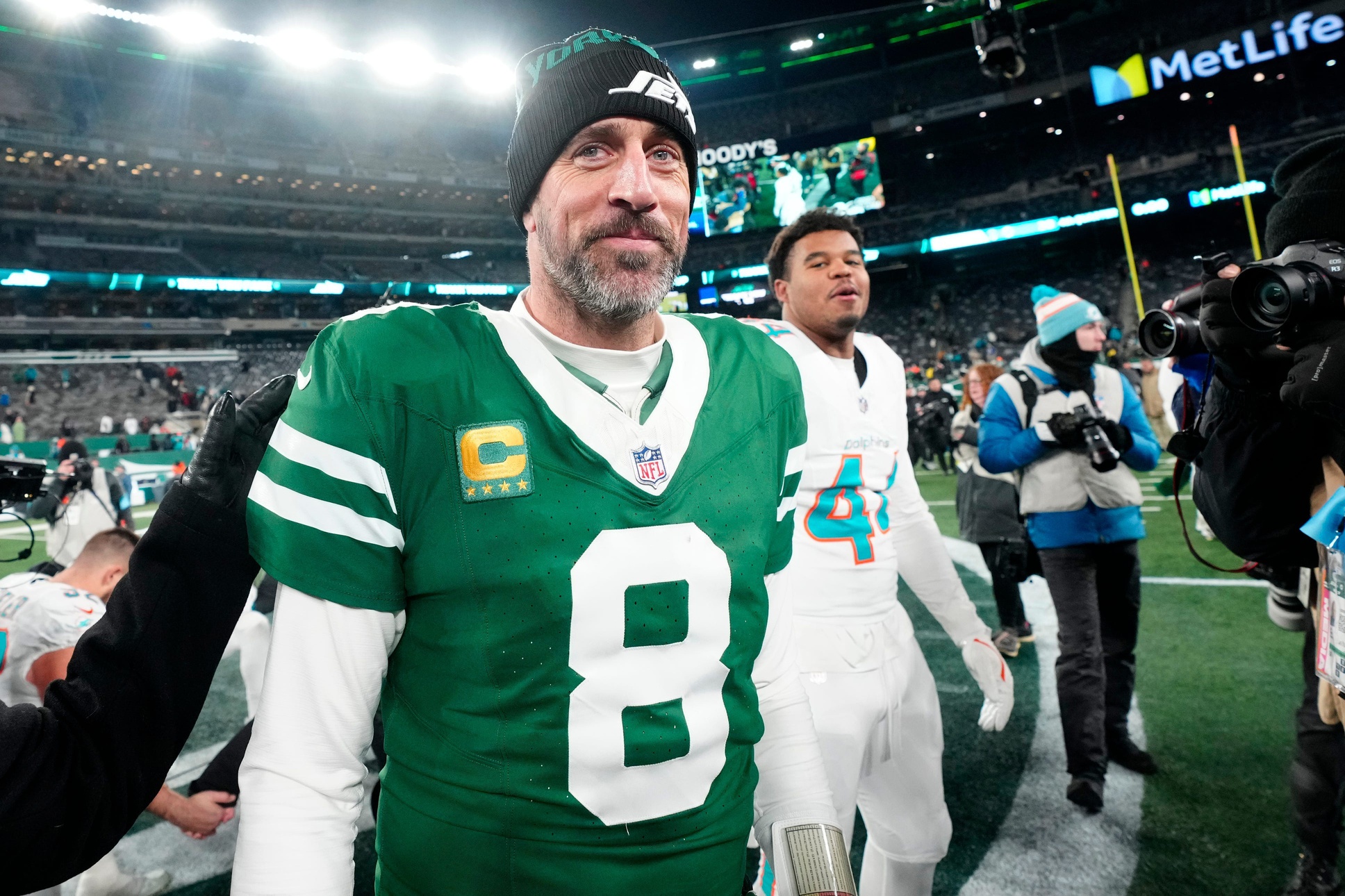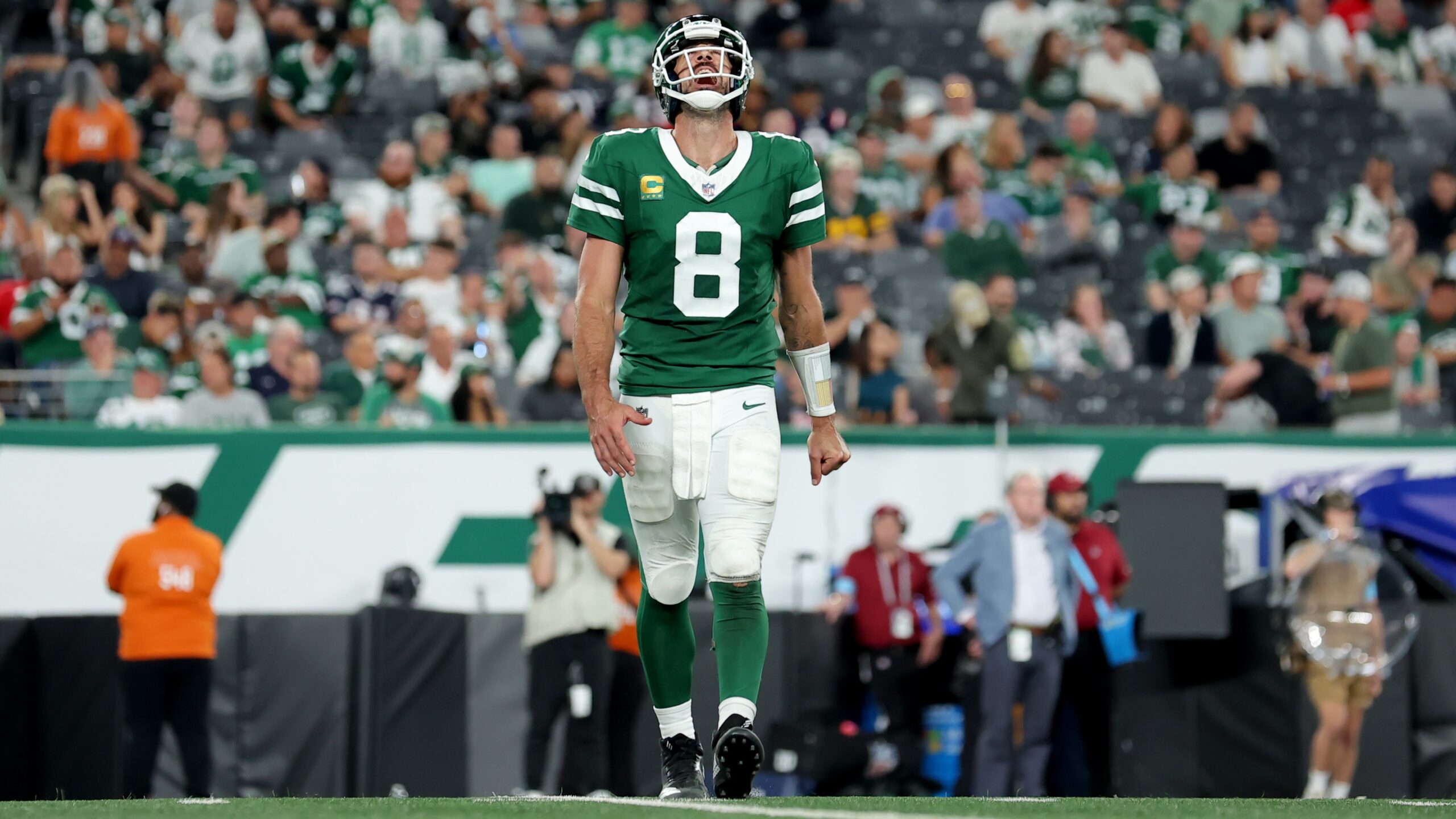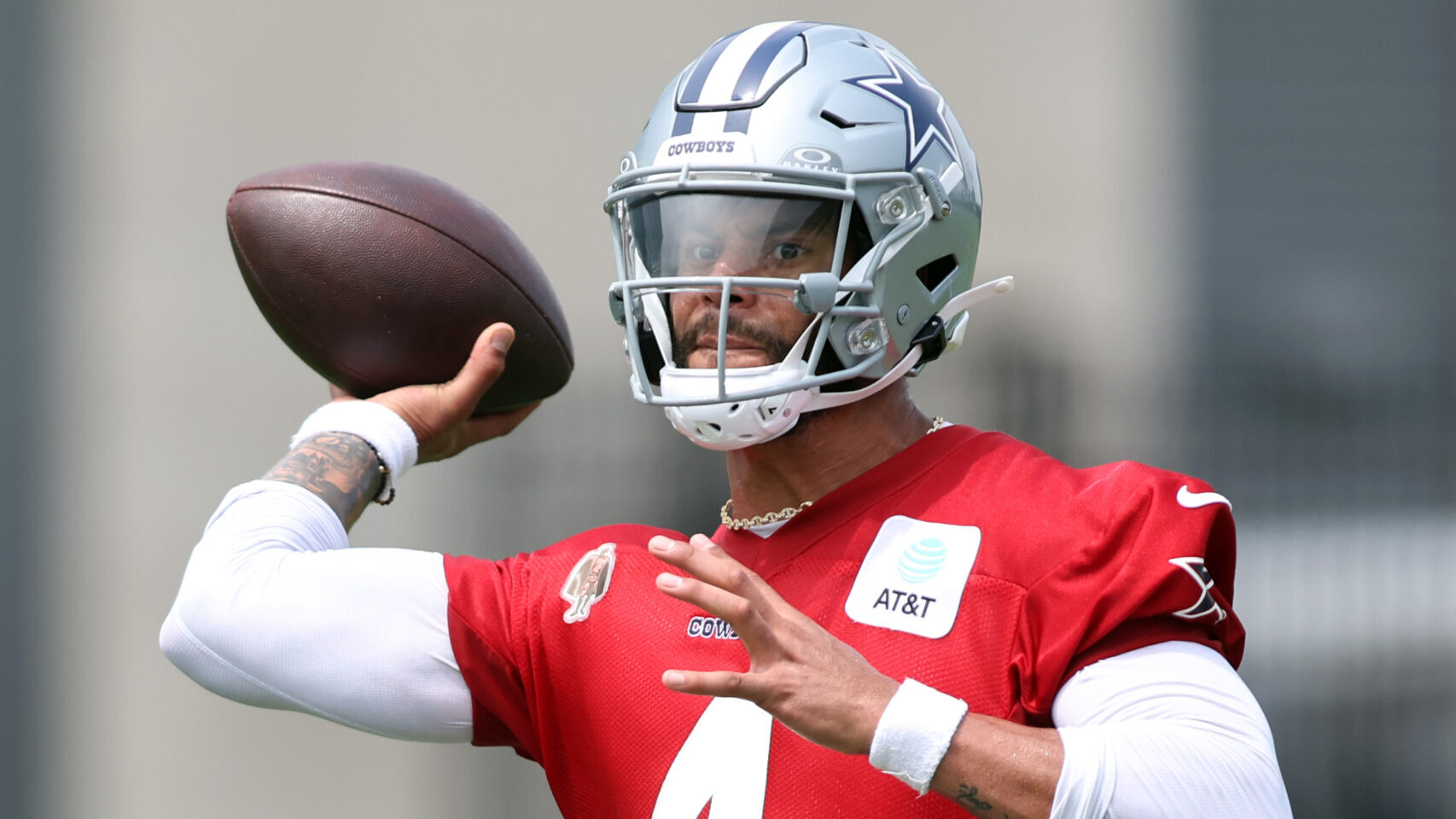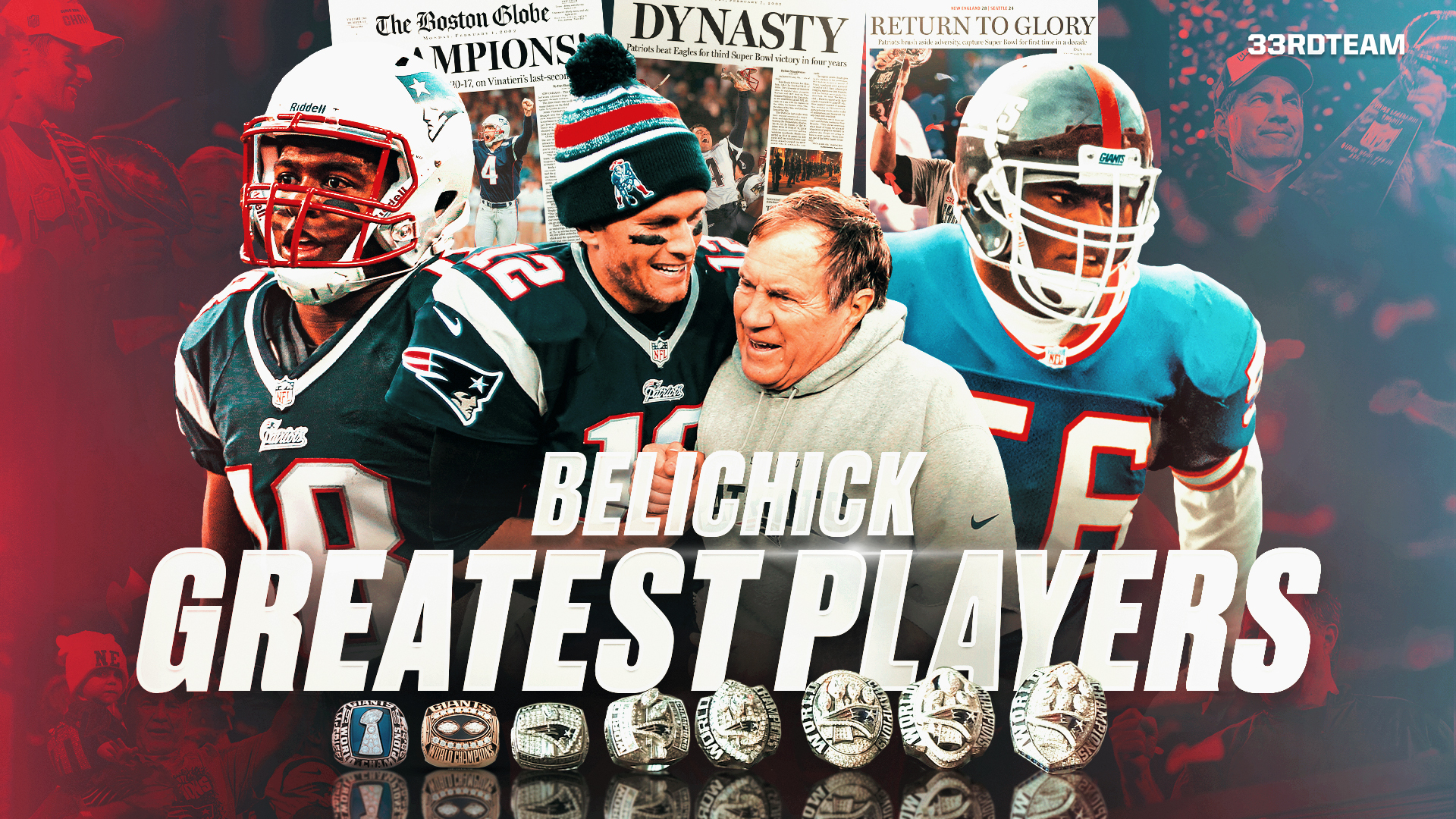Analysis
7/20/23
8 min read
Giants 'Fumbled' Saquon Barkley Long-Term Contract Negotiations
When running backs Saquon Barkley and Josh Jacobs failed to agree to long-term deals, conspiracy theorists sprung into action – saying the moves were evidence of possible collusion among NFL teams that devalued the running back position.
That could make for good talk radio. But it’s wrong. Barkley and Jacobs’ situations have nothing to do with one and little to do with the other.
In fact, this is more about supply and demand than about devaluing a position. Let’s face it: There are far more quality backs available today than teams require to win a Super Bowl. Therefore, there’s no reason to pay those backs excessively – a theory I accept, but only in principle.
The RB Dilemma
Unique Talent Is Worth the Cost
In practice, I believe if you have a difference-maker at running back, you keep him. And you keep him by paying him. The Giants have a difference-maker in Barkley, yet they didn’t pay him this week.
They fumbled.
Here’s why: They reportedly offered him a multiyear contract that pays $12 million annually, with $22 million guaranteed, right? That sounds like a lot of money, and it is. But not when you compare it with the recent signings of top-tier running backs outside of Christian McCaffrey who, at $16.015 million annually, is an outlier.
So let’s go from there. When the New Orleans Saints’ Alvin Kamara signed an extension in 2020, it was for $15 million AAV. When the Tennessee Titans’ Derrick Henry agreed to an extension the same year, it was for $12.5 million AAV. Now look at some of the others in the past three years: Nick Chubb checked in at $12.2 million, Joe Mixon at $12 million and Aaron Jones at $11.5 million.
| Player | Team | Age | Total value | Avg./Year |
| Christian McCaffrey | 49ers | 27 | $64,063,412 | $16,015,853 |
| Alvin Kamara | Saints | 28 | $75,000,000 | $15,000,000 |
| Derrick Henry | Titans | 29 | $50,000,000 | $12,500,000 |
| Nick Chubb | Browns | 28 | $36,600,000 | $12,200,000 |
| Joe Mixon | Bengals | 27 | $48,000,000 | $12,000,000 |
| Aaron Jones | Packers | 29 | $23,000,000 | $11,500,000 |
| Saquon Barkley | Giants | 26 | $10,091,000 | $10,091,000 |
| Josh Jacobs | Raiders | 25 | $10,091,000 | $10,091,000 |
| Tony Pollard | Cowboys | 26 | $10,091,000 | $10,091,000 |
Then there’s Barkley and Jones, each at $10.091 million under a nonexclusive franchise tag.
Running Backs Left Behind
In 2020, the salary cap was $198.2 million, dropping to $182.5 million in 2021. Yet it’s fixed at $224.8 million this season, a jump of 23 percent from just two years ago. You’ve seen what’s happened since. Everyone but running backs are cashing in.
That’s supposed to be a sign the position is devalued, but it’s not. It’s more of a supply-and-demand scenario, almost like pure capitalism. Running back has become the only position in football where the need is less than the amount of talent available. There is no other position where you can say that. Kickers, guards, safeties, you name it. Running back is the only position where there’s an imbalance of players needed versus the talent level at the position.
But that doesn’t mean you don’t pay your really good players. That’s taking things too far.
Successful Teams Recognize RB Value
When I was with the Philadelphia Eagles 25 years ago, we understood. We went from Ricky Watters to Duce Staley to Brian Westbrook to LeSean "Shady" McCoy. We had really good running backs, and we valued them. No, we didn’t pay them top dollar, but when Westbrook came up for a contract extension, we gave it to him. When McCoy came up for a contract extension, we gave it to him.
We understood that, with a cap figure we had in mind, if you have a quality player who makes a difference, you keep him. Plus, a running back who was adept in the passing game was as valuable to us as a running back who was adept in the running game. We knew we could keep the Staleys, McCoys and Westbrooks — who were great players for us, made Pro Bowls and could help us get to championship games — over a running back we might draft high.
So we did.
The Eagles have done that to this day and have gone to two Super Bowls in the past five years. The Kansas City Chiefs have done that to this day and have won two Super Bowls in the past four years. So the theory of how you build a team is right. What’s forgotten is those running backs I mentioned – all of whom got $12-15 million and played well despite missing some games – were worth the cost under the cap that existed at the time.
Health Concern Is Overstated
Yet while that cap has escalated, the cost of running backs has not. That makes no sense. When the New York Giants made their last offer to Barkley, they didn’t apply the idea of keeping good players at a reasonable price relative to replacement costs. There are slot receivers and nickel corners today who make an average of $14 million annually, and there are top-quality defensive ends making more than $30 million.
So let’s say you pay Barkley $14 million a year, which I would. That’s less than half of what a top-quality defensive end makes. Yet he’s a top-five running back when healthy. Yes, I know what you’re about to say:
When he’s healthy.
Well, he’s getting less than half of the $30-million-plus-per-year the San Francisco 49ers’ Nick Bosa is expected to pull down, and Bosa misses games, too. No question that Bosa is a great player. But Barkley shouldn’t be worth half of that. Is he not worth less than the top-paid tight ends in the game? If you say “yes,” then the right offer for Barkley is somewhere between $14-15 million a year.
Look, If I were general manager, I’d probably offer him a base deal in the neighborhood of $13-15 million annually. If I could get him in the $13 million range, I’d include incentives based on staying healthy and the team’s performance – tiers that would take him where Kamara was three years ago. But if I couldn’t get Barkley there, I’d go higher with the base – maybe in the $14.4-$14.6-milllion range without incentives.
Conjecture Misses the Point
The Giants didn’t. And frankly, I'm baffled why this has led to conversations about changing the whole system ... about the Giants doing the right thing ... and about the Giants being fair.
What’s fair is doing what’s right. With Barkley and Jacobs, you must remember: Running back is the only position where the cost of the franchise tag has gone down since it was implemented. You can make an argument it should be flat or rise slower than other positions. But it’s crazy for it to go backward.
As we demonstrated in Philadelphia, you can value running backs … you can keep them … and you can re-sign them while still factoring in the replacement costs and plurality of good backs throughout the league. But people today overcompensate when they say Barkley isn’t worth $13-14 million a year. I mean, are you serious? Look at what the Giants achieved last year, and tell me he didn’t contribute the equivalent of $14-15 million in value.
Furthermore, look at those running backs who signed for an average of $12 million three years ago. When healthy, they’re not as accomplished as Barkley. The Giants not agreeing doesn't add up. They’re taking a well-intentioned and smart team-building concept too far.
As for collusion … please. To suggest it’s going on is to misunderstand how teams compete with each other within the NFL. There is zero chance the Giants are talking to another team and the two agreed not to pay running backs a certain price. Zero. They’re too competitive. They all have different philosophies. And they’re all in different states of job security.
They may be wrong — and in this case, I believe the Giants are — but they’re doing what they believe with the individual decisions and priorities they have. When you make comparisons within the marketplace, you factor in the total cap number of recent top-tier deals for running backs. I’ve done that.
What we learned is that when the market was in the $11-to-12-millon range three years ago, it’s more than reasonable for Barkley to expect to exceed that today.
Joe Banner is a former front office executive for the Philadelphia Eagles and Cleveland Browns. He was a part of an Eagles franchise that made a Super Bowl and played in four NFC Championship Games. Follow him on Twitter at @JoeBanner13









